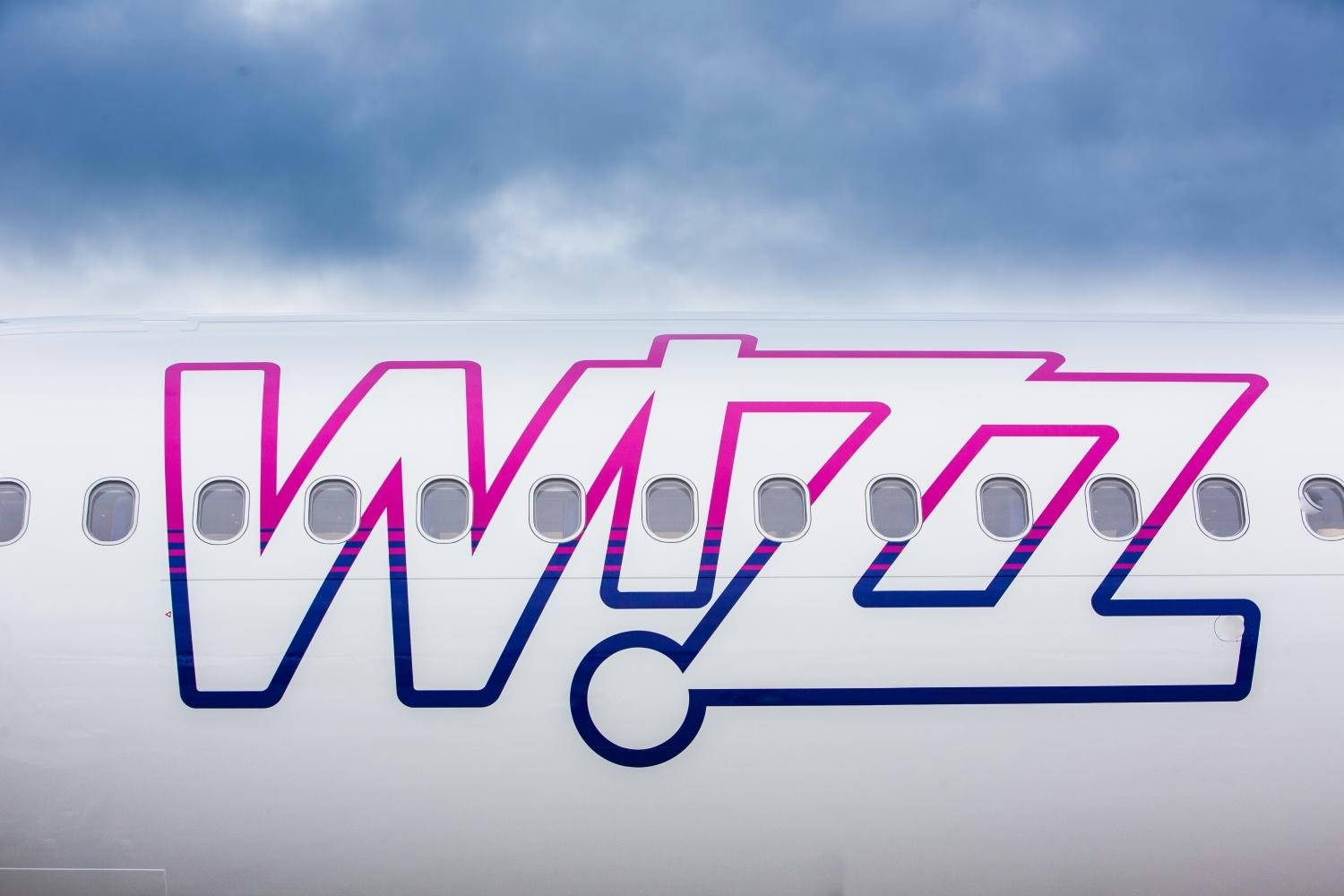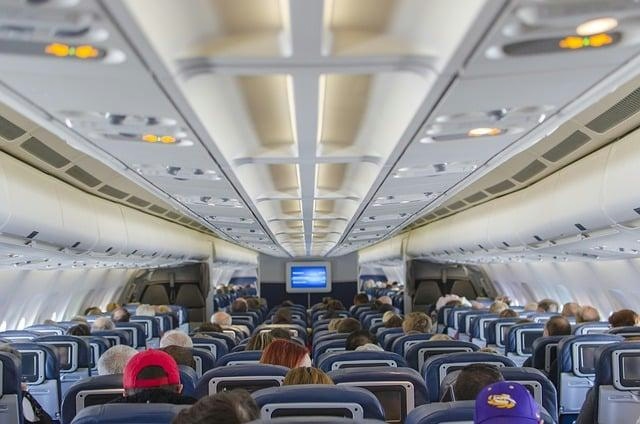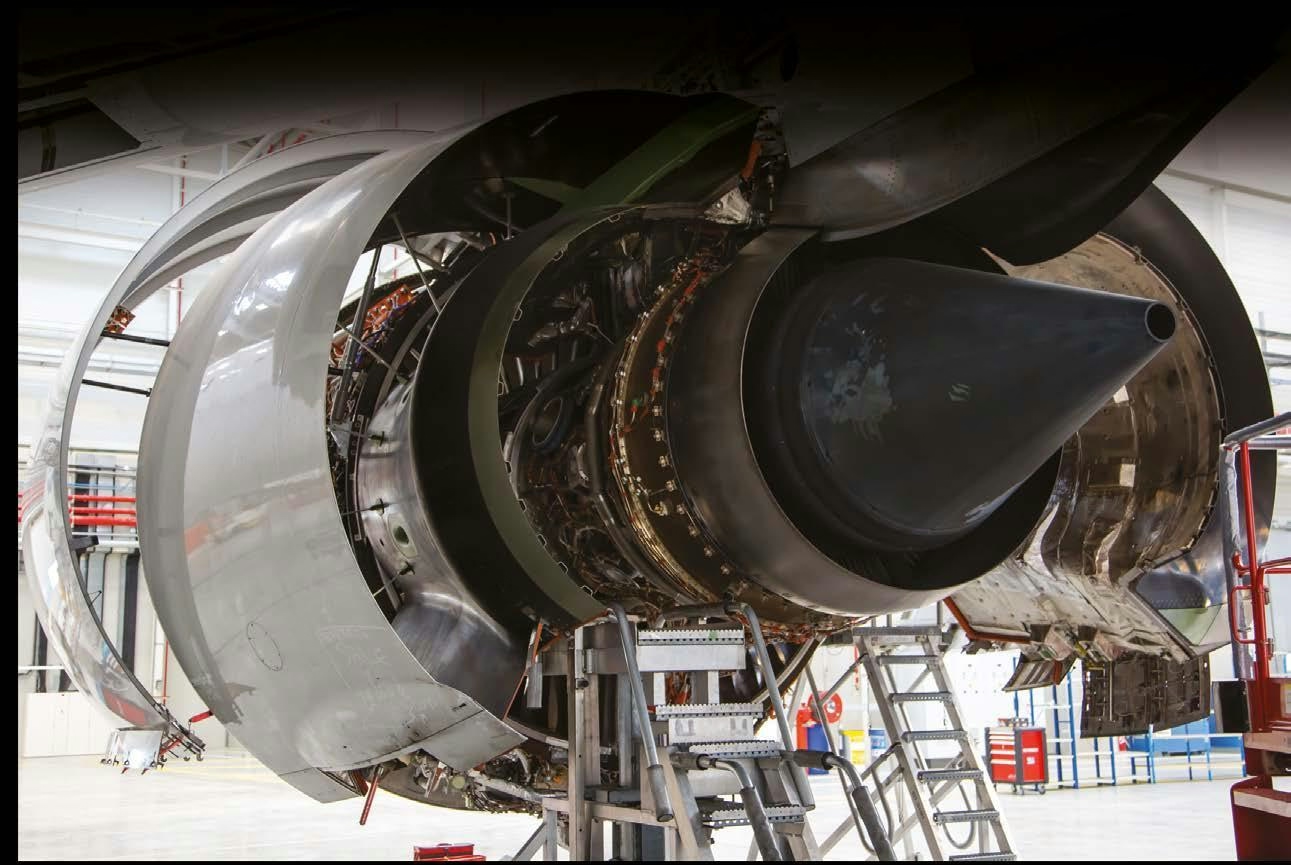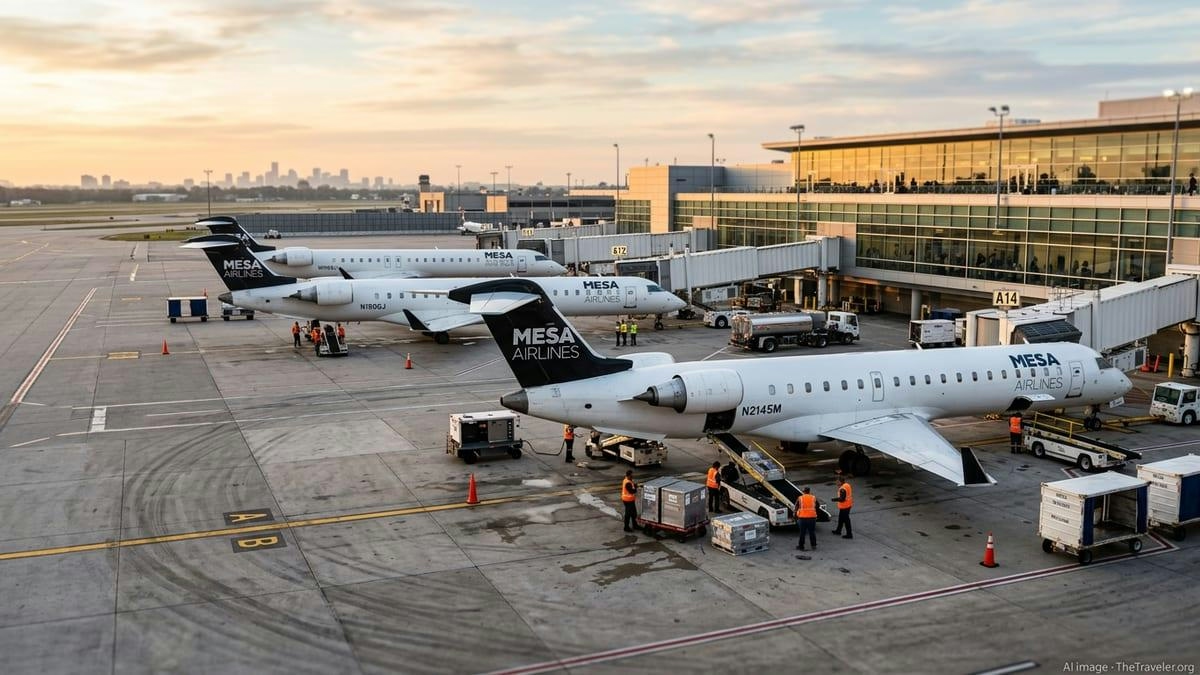AeroGenie — Uw intelligente copiloot.
Trending
Categories
Wizz Air to Cease Operations in Abu Dhabi

Wizz Air to Cease Operations in Abu Dhabi Amid Regional Challenges
Wizz Air, the European low-cost carrier known for its rapid expansion, announced on July 14 that it will terminate its operations in Abu Dhabi effective September 1, 2025. After six years of service in the United Arab Emirates capital, the airline cited a combination of geopolitical instability, operational constraints, supply chain difficulties, and limited market access as the primary reasons for its withdrawal.
Strategic Refocus on European Markets
Originally established to serve Central and Eastern Europe, Wizz Air has expanded significantly across Western Europe, with substantial operations in the United Kingdom, Italy, and Austria. However, its venture into the Middle Eastern market, centered in Abu Dhabi, failed to meet expectations in terms of profitability and growth. Consequently, the airline’s leadership has decided to concentrate resources on its core European markets, where operational conditions are more favorable and financial returns remain stronger.
Challenges Leading to Withdrawal
The decision to exit Abu Dhabi is influenced by several critical factors. Persistent geopolitical tensions in the region have resulted in frequent airspace closures, disrupting flight schedules and reducing passenger demand. The harsh Middle Eastern climate has also adversely affected engine performance, posing significant challenges to Wizz Air’s cost-sensitive business model. Furthermore, the airline has encountered ongoing difficulties in securing flying rights for key routes, which has constrained its ability to expand within the region.
Compounding these issues are supply chain disruptions that have hindered the airline’s ability to maintain reliable operations in Abu Dhabi. In response, Wizz Air is reportedly negotiating with Airbus to reduce its order of 47 A321XLR long-range aircraft, with the possibility of converting part of the order to standard A321 jets. This adjustment reflects a strategic pivot towards focusing on more viable short- and medium-haul routes within Europe.
Implications for the Regional Aviation Market
Wizz Air’s departure is expected to alter the competitive dynamics in the Gulf aviation sector. Industry analysts suggest that other carriers may intensify marketing efforts or revise operational strategies to capture the market share vacated by Wizz Air. The airline’s exit could also prompt a broader reassessment of regional connectivity and competition among both low-cost and full-service airlines operating in the Middle East.
Despite the challenges faced in Abu Dhabi, Wizz Air remains committed to its European operations, where demand continues to be robust and financial performance remains strong. The airline’s decision highlights the complexities of operating in volatile regions and underscores the necessity for adaptable business strategies within the global aviation industry.

West Star Aviation Expands Mid-Atlantic Presence with DCJet Services Acquisition

Lufthansa Technik Completes 1,000th Overhaul of P&W GTF Engine

Haven ASG Launches FBO at Amarillo International Airport

Archer Aviation Integrates NVIDIA’s IGX Thor into Air Taxi Systems

Pilatus Delivers 147 Aircraft in 2025 Despite Supply Chain Challenges

Boeing Jet Returns to Airport Following Engine Fire Warning

AENA Executives' Tactics Do Not Justify Fee Increases

Dr. Vladislav Apostolyuk Named CTO of Volz Servos

Setna iO Expands Teardown Portfolio with B737-700 and CFM56-7B

DASI Reaches Inventory Agreement with Mesa Airlines
